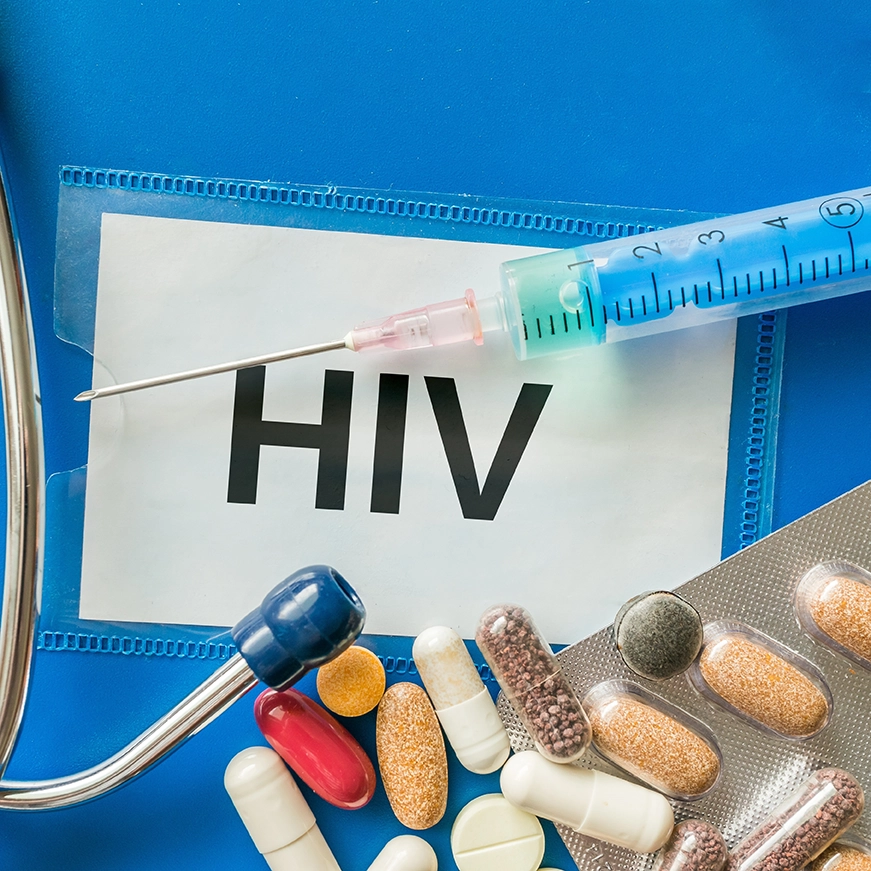Speaker: Kaitlyn Atkins
A study focusing on understanding major intersectional discrimination and its impact on Human Immunodeficiency Virus (HIV) and bacterial Sexually Transmitted Infections (STIs) among cisgender gay men and other men who have sex with men in the United States (U.S) aimed to define and characterize the form of discrimination and explore how it varies across different racial and ethnic groups, as well as among individuals with different HIV statuses. Intersectional discrimination was conceptualized as policies, practices, and behaviors rooted in overlapping systems of power that contribute to inequities, particularly in HIV and sexual health. This form of discrimination affects individuals with multiple marginalized identities by limiting their access to healthcare services and resources, thus influencing adverse health outcomes. The study sought to reveal how these systemic inequities shape healthcare engagement and the associated health disparities.
The study utilized data from the American Men's Internet Survey (AMIS), an annual online survey targeting cisgender gay men and other men who have sex with men (MSM) across the U.S. Data from 2022 to 2023 was analyzed, including participants from all 50 states, Washington, D.C., Puerto Rico, and the U.S. Virgin Islands. The focus was on major intersectional discrimination, with an approach that allowed participants to report discrimination based on their overall identity rather than a single aspect. Two key domains of intersectional discrimination were identified: social systems exclusion and violence and harassment. Social systems exclusion encompassed experiences such as exclusion from employment, housing, financial services, and unreasonable stop, search, or arrest. Violence and harassment included physical violence, sexual violence, threats, and vandalism.
The study examined associations between these forms of discrimination and self-reported outcomes, including HIV status and diagnoses of bacterial STIs over the past year. A composite variable was created to analyze associations with any bacterial STI diagnosis, and separate analyses were conducted for individual STI diagnoses. The sample was characterized as slightly older, predominantly non-Hispanic white, and higher educated. More than half of the participants had engaged with healthcare services in the past year, including HIV and bacterial STI testing. Approximately 80 percent reported engaging in condomless anal sex within the past year.
In the sample of around 4,000 men, it was observed that social system exclusion—including exclusion from employment, housing, financial services, and unfair stop searches or arrests—was reported across all groups. However, this exclusion was disproportionately higher among men who have sex with men of colour and those living with HIV. Similarly, incidents of violence and harassment were more common than social system exclusion in the sample, with a notable prevalence among men of color and men living with HIV. The analysis indicated that both social system exclusion and violence and harassment were associated with an increased prevalence of HIV, bacterial STIs, gonorrhoea, and syphilis. Additionally, violence and harassment were specifically linked to a higher prevalence of chlamydia.
The analysis revealed that certain outcomes were amplified among men of colour, who made up about a third of the sample. Specifically, both social systems exclusion and violence and harassment were more strongly associated with elevated HIV prevalence in men of colour compared to white men or the entire sample. Additionally, social systems exclusion was linked to a higher prevalence of bacterial STIs, while violence and harassment were associated with an increased prevalence of chlamydia.
Key takeaways included the disproportionate impact of intersectional discrimination on gay men in the U.S. living with HIV. The data showed that violence, harassment, and social systems exclusion were correlated with higher prevalence rates of HIV and bacterial STIs, particularly among men of color. More longitudinal research are needed to understand these relationships better. The study also underscores the urgent need for structural interventions to address the harms of exclusion, violence, and harassment faced by men with multiple intersecting marginalized identities.
The 25th International AIDS conference (AIDS 2024). 22nd-26th July, Munich, Germany




